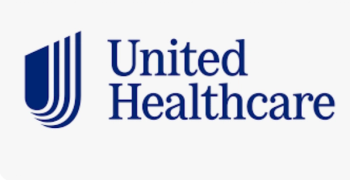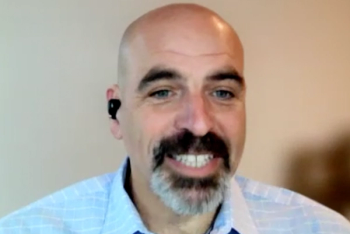
How precision medicine is improving patient lives: Real examples
An expert at the Precision Medicine World Conference shared cancer patient perspectives on the importance of immuno-oncology and breakthrough targeted therapies and how they have extended their lives.
Navigating the murky waters of genomic testing and clinical trials in cancer care can be made be easier when healthcare providers and informed patients work in tandem, according to an expert at the Precision Medicine World Conference, January 23-25, in Silicon Valley.
Schorr
Andrew Schorr, cofounder and president of
“The goal was to show what self-advocating patients could achieve,” he says. “However, most patients are not as proactive and informed about medical advances, so there is a need for partnerships with these new science developers to raise awareness and spur action by grassroots cancer patients everywhere to save lives-and lower costs.”
According to Schorr too many patients die or suffer through toxic, expensive treatments and hospitalizations when state-of-the-art testing could have offered better options with either approved treatments or promising trials.
“We presented the specific case of Lisa Goldman, a stage 4 lung cancer patient with ROS-1 mutation. She told us, ‘I was completely misdiagnosed at first, and I did not get effective treatment until my genetic mutation was identified. I am an example of how people can benefit from personalized or precision medicine, but the delays are unacceptable,’” Schorr says.
Providers are “swimming upstream” to keep up with the revolution in testing and the flood of new trials, according to Schorr.
“It’s a burden that healthcare providers cannot manage on their own. Informed patients working with them can help point the way to the latest medical developments regarding their specific cancer subtype,” Schorr says. “In turn, this can lead to more efficient processes to deliver personalized care.”
Healthcare executives should encourage-even demand-resources to help in this partnership with the patient/family effort, according to Schorr. “Otherwise, too many patients will never even know about the life-changing benefits of medical and diagnostic advances, particularly genetic screening,” he says.
“We have many examples of patients who say they would be dead if they didn’t have information about new therapeutics being developed, clinical trials for the latest medicines that might not be available yet, and new diagnostic tools such as genetic sequencing of the tumor to match the cancer subtype with an effective treatment-and not waste time or money with treatments that are not effective for that subtype,” Schorr says.
What cancers are most impacted?
With lung cancer, myeloma, and chronic lymphocytic leukemia as a start, there are emerging breakthrough treatments that line up with genomic testing and benefit from many clinical trials for mono and combination therapies, according to Schorr.
“We know a patient with pancreatic cancer who was given three months to live and told to get her affairs in order; instead she entered a clinical trial and lived for nearly two years-two good years where she could work and travel and enjoy life,” he says.
This level of coordination and collaboration fit in perfectly with the accountable care organization model, according to Schorr.
“Saving lives and saving money can go hand in hand,” he says. “A patient who, with their doctor, has a clear, molecular picture of their disease-at the outset or when retreatment is needed-is likely to get more cost-effective care with less toxicity and longer life.
“For obvious reasons, getting effective treatments to the right patient, and not wasting money on less-effective or even ineffective treatments, can only save on a range of healthcare costs even if a new medicine is expensive in and of itself,” Schorr continues. “The best treatments can shorten hospital stays, reduce patient visits to the doctor, and limit side effects that could be expensive in and among themselves. Not to mention that healthier patients can continue to work and pay their premiums and copays. And, of course, matching patients with a clinical trial can shift some costs to trial sponsors. Better treatment benefits both patients and the bottom line.”
Newsletter
Get the latest industry news, event updates, and more from Managed healthcare Executive.























